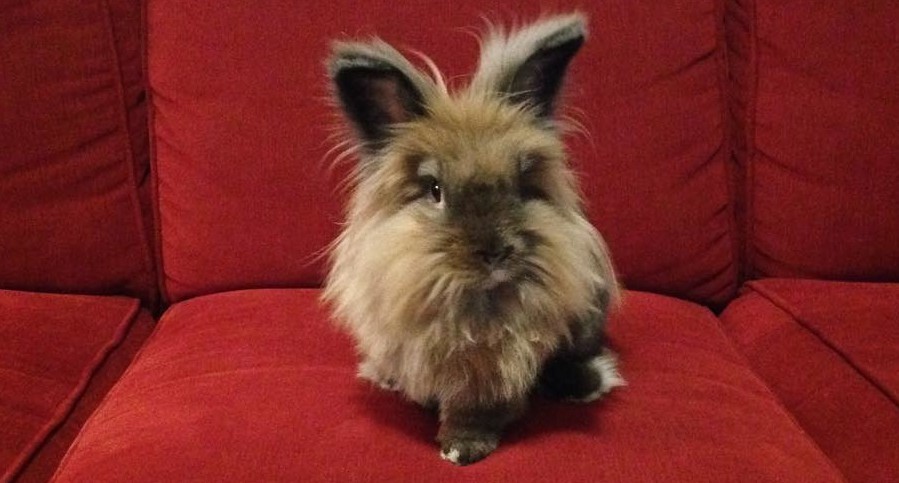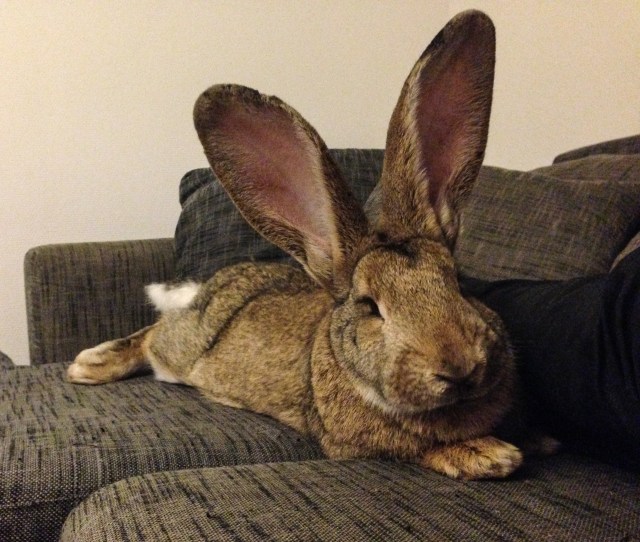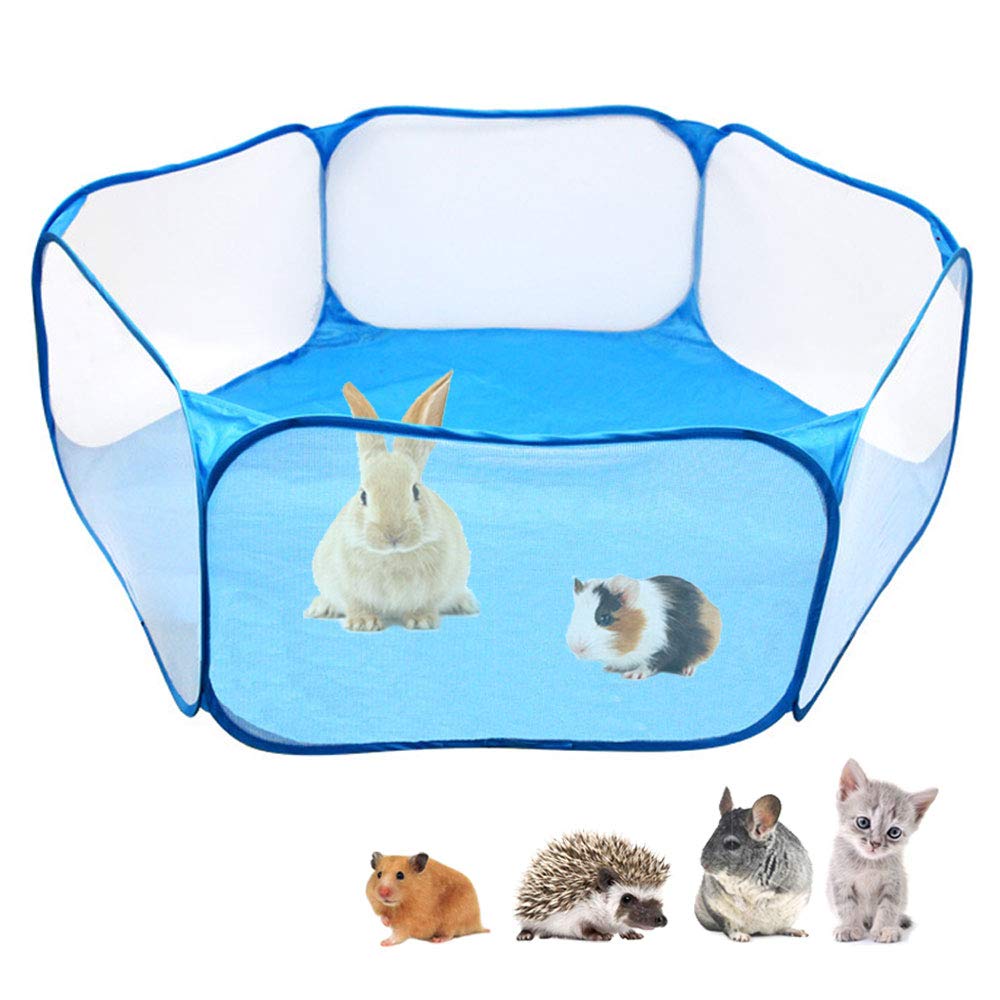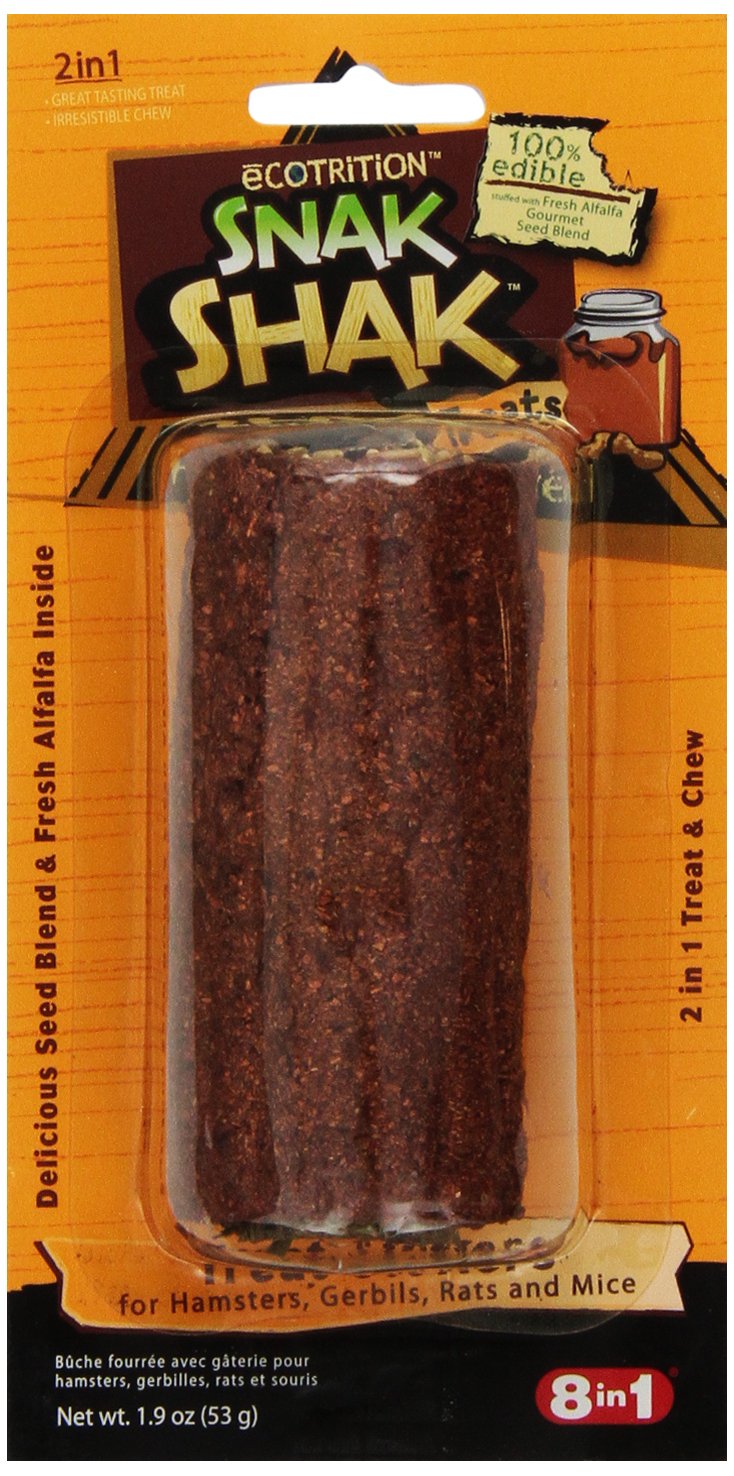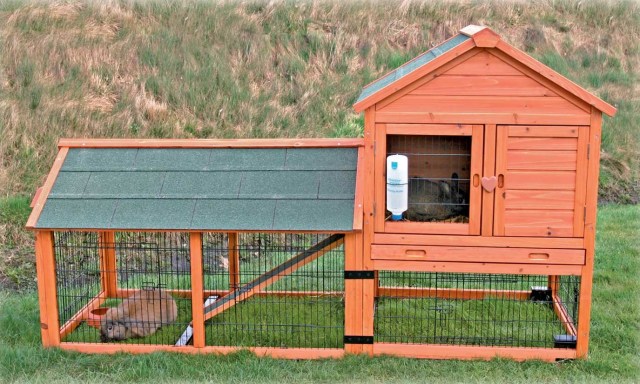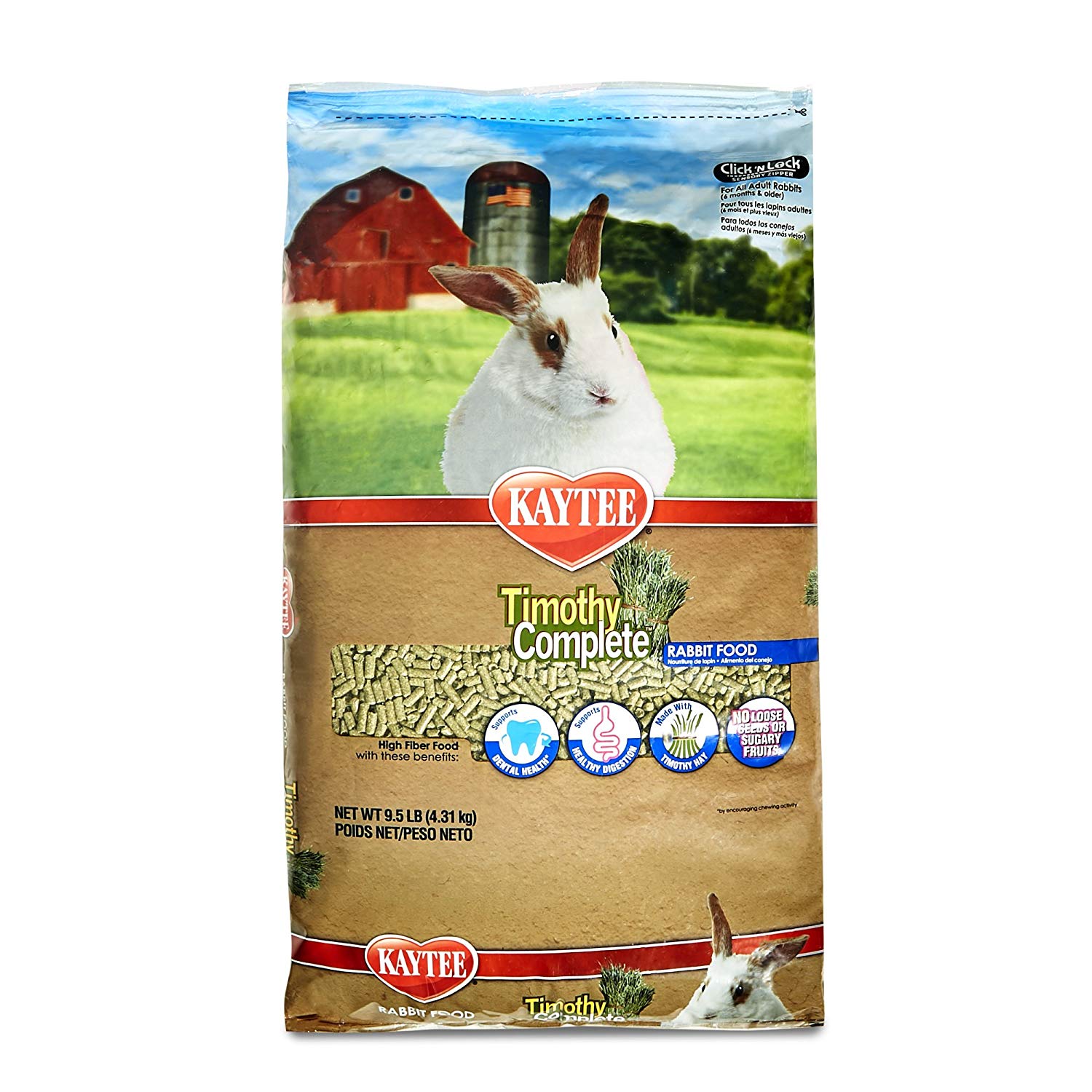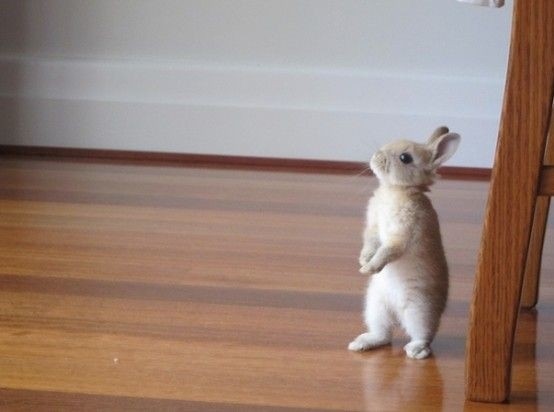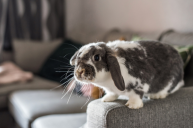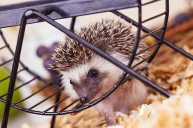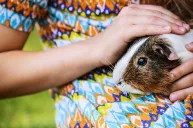When you are bringing a bunny home for the first time, just like any other animal, there needs to be preparation.
Despite common misconception, rabbits are high maintenance, and need the loving interactions and support of their owners.
Here is a list of the top four things to take into consideration with your new pet.
Lifespan
While getting a rabbit isn't the same 25-40 year commitment of getting a cockatoo, many people do not realize that rabbits can live more than a decade!
On average, a pet rabbit will live 5-12 years, depending on an array of factors. The rabbit's breed can affect life expectancy since certain breeds, such as popular varieties of lop breeds, are prone to eye and teeth conditions which can damage the overall health.
Another factor is living conditions. As with most domesticated animals, indoor animals tend to live longer than those who are subjected to the natural elements regularly.
Finally, the size of the rabbit does affect his or her lifespan. While larger rabbit breeds tend to be less excitable than a small animal, this doesn't equal a relaxed and longer lifespan. Most giant breeds fail to reach four to five years of age.
Enjoy your pet every day! Time out of the rabbit cage would be a fun bonding moment with your rabbit. The play pen allows him to be out without risking getting loose.
Bunny Proofing
Both frustrating for the pet owner and dangerous for the animal, rabbits are notorious chewers. Baseboards, furniture, paper, fabrics, and furniture are fair game in a rabbit's mind.
Most dangerous of all the chewing options that rabbits seek, are electrical cords. It is crucial to hide, cover, and seal cords to your electrical devices. Hardware stores, both local and chain, carry tubing in which you can easily conceal your wires.
Another way to deter your rabbit from chewing is to give them easy access to safe chew toys and items. There are items such as the eCotrition's Snak Shak Treat Stuffer that are great because not only does it satisfy the animal's innate urge to chew, but it helps to grind down and control the growth of the rabbit's teeth.
Remember that every bunny is different and may or may not like the same rabbit food as other people's rabbits. There is a great variety of chew treats from orchard sticks, to edible logs, and wooden blocks.
Housing
When it comes to picking a habitat for your new rabbit, keep in mind that there is a wide assortment of options and all will be endorsed by pet owners.
Choose from play pens, hutches, cages, and a probable myriad selection, but there are a few points to keep in mind.
If you are going with a rabbit cage, be sure that the cage is no less than four times the size of what your rabbit will grow into, and avoid cages with a wire floor. If you have a cage that has the wire flooring, cover the wires with a wood board, grass mat, or other solid option.
Rabbits are naturally tidy creatures and will go to the bathroom in the same spot within their cage or habitat. Provide them with a litter box away from their food and water bottle.
Shopping for rabbit supplies can be tricky. When it's time to choose bedding or a litter substrate, it is important to not use wood shavings (such as pine or cedar) or cat litter. Use Carefresh Pet Bedding or shredded newspaper. Their habitat's are similar to hamsters, chinchillas, and ferrets.
If you are housing your rabbit outdoors, the cage/hutch should be no less than five to six feet in length, and tall enough for the rabbit to stand on his hind legs.
Furthermore, make sure the habitat provides adequate shelter from natural factors including wind, rain, and sunlight.
Keep in mind that rabbits are prey animals and should not be left alone outdoors unsupervised. Cages and hutches do not provide sufficient protection from dogs, foxes, raccoons, and other predators.
A clean house for your pet is essential for a healthy and happy life. The cage or habitat should be spot cleaned daily— remove stale food, shed fur, any messes. There are pet supplies you can use for odor control and grooming supplies to help your rabbit stay nice and clean.
A litter box should be cleaned daily. It is important to remove your rabbit from the space and wash out litter boxes and the entire space once a week. Remember to rinse any cleaner out of the space before returning your new pet to the habitat.
Nutrition
A rabbit's diet is the number one way that you can promote gastrointestinal health. This is essential for a high-quality life for your pet.
The key to any animal's diet is moderation and variety. Ask your veterinarian for additional details on exactly what you should look out for in terms of offerings. Kaytee is a popular rabbit food brand on Amazon, so I would look into these pellets.
More specifically, ask for details about the importance of a diet's calcium and vitamin A content. Each animal is different, but there are some overlapping truths.
Daily diet pellets should be given daily, as should fresh water. Timothy hay should be a large part of your rabbit's daily consumables, as it provides essential digestive fiber. Fresh greens, fruits, and vegetables should be given in small amounts, despite the message perpetuated by the likes of Bugs Bunny and other childhood characters.
Maintaining keen awareness of your rabbit's eating habits increase the chances of catching any snags in your pet's health early on.
Overall, most vets can provide new rabbit owners with literature and information regarding rabbit care tips upon which I touched. There are many trustworthy rabbit information websites, such as Rabbit.org, where you can find answers to other questions that may arise.
Bringing home a new member of the family is no simple commitment that should be taken lightly.
Rabbits are delicate creatures, with big personalities, and so much to offer to people.
Best of luck on your journey!
This post was originally published on April 13, 2016.
WATCH NOW: Rabbit Binkies Are Expressions of Joy
